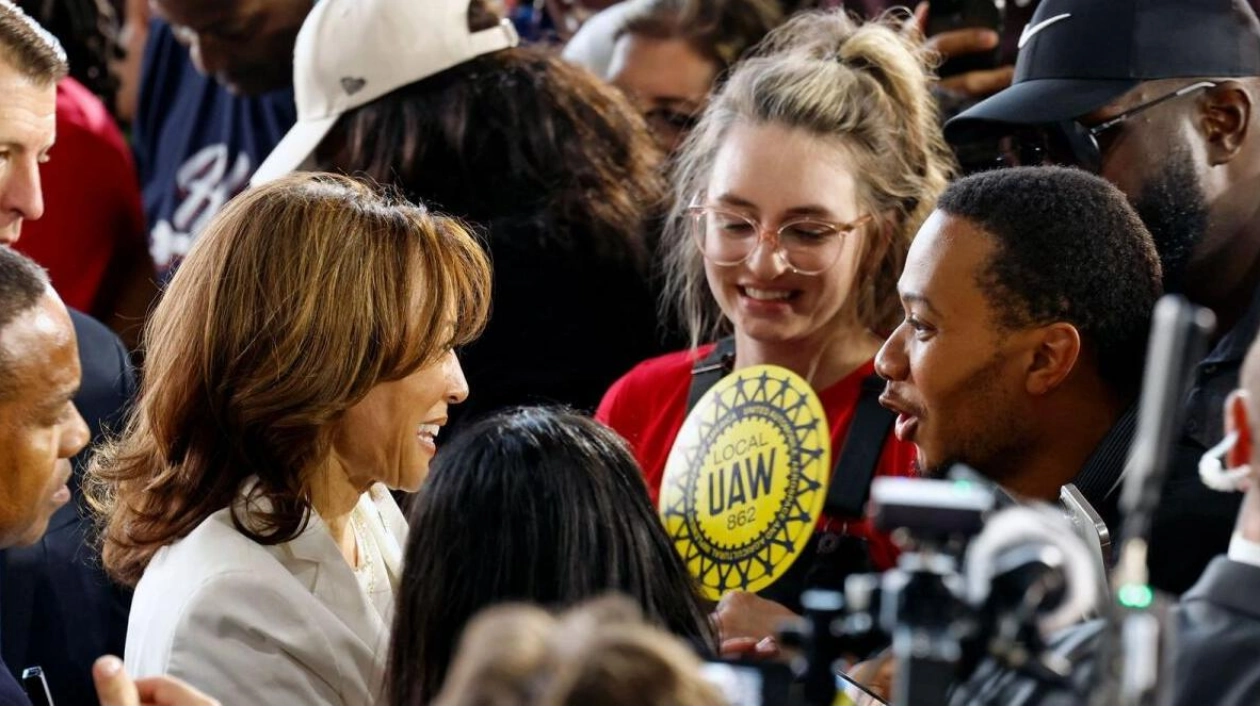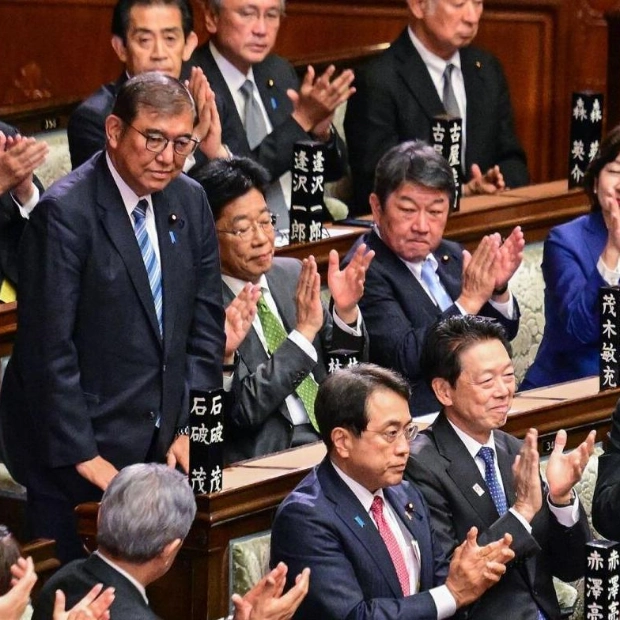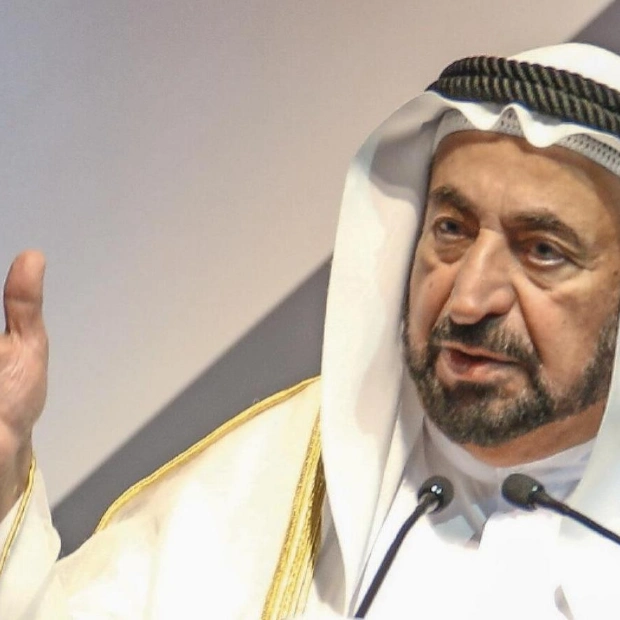US Vice President Kamala Harris declined to engage in discussions about imposing an arms embargo on Israel during a conversation with pro-Palestinian activists advocating for shifts in US policy regarding its ally amid the conflict in Gaza, according to a Thursday statement from an aide. The aide, who requested anonymity, clarified that Harris, a 2024 Democratic presidential hopeful, did not express interest in discussing an arms embargo. However, a campaign spokesperson noted that Harris assured members of the Muslim and Palestinian community that she would remain engaged on the issue of the Israel-Hamas conflict in Gaza, which local authorities report has claimed close to 40,000 lives.
The Vice President's stance remains firm: she is committed to ensuring Israel's ability to defend itself against threats from Iran and its affiliated terrorist groups, and her immediate focus is on securing a ceasefire and a hostage release agreement currently under negotiation, the spokesperson added. Layla Elabed and Abbas Alawieh, co-founders of the Uncommitted National Movement, met briefly with Harris and her newly appointed running mate, Tim Walz, to express their concerns over the US's supply of weapons to Israel during its Gaza operations. Alawieh confirmed that both he and Elabed requested a meeting to further discuss the call for an arms embargo on Israel, to which Harris showed a willingness to engage.
Israel's military action in Gaza was initiated in response to a Hamas attack on southern Israel in early October, which resulted in the deaths of 1,200 Israelis and the capture of approximately 250 hostages, according to Israeli records. The Uncommitted political group, which opposes President Joe Biden's strong backing of Israel's war efforts, has seen significant support in presidential nominating contests across Michigan, Minnesota, and Hawaii, securing at least 25 delegates. The group aims to leverage this influence at the upcoming Democratic National Convention in Chicago. The ongoing humanitarian crisis in Gaza has led to demands for the US to impose conditions on the substantial military and other forms of aid it provides to Israel, which has been the largest recipient of US foreign aid since World War II. In a recent development, the US halted the delivery of certain bomb shipments due to concerns about their potential impact in Gaza.
The divisive nature of the issue within the Democratic party was evident when pro-Palestinian protesters briefly disrupted Harris' speech in Detroit, chanting slogans against her stance on the conflict. Harris responded by affirming her belief in democracy and the significance of every voice, but reiterated her focus on the current agenda, challenging the protesters to consider the implications of their actions on the broader political landscape.






